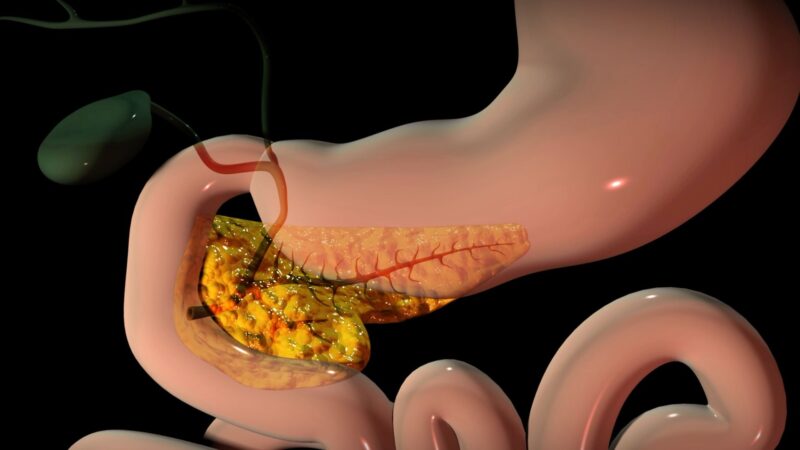STEM CELLS USED FOR AGE-RELATED MACULAR DEGENERATION
Dr Jenna Hall
Senior Research Associate
University of Melbourne, Victoria, Australia
RESEARCHER PROFILE
Filmed in Melbourne, Australia | January 2025
Dr. Jenna Hall is a passionate and accomplished biologist with expertise in induced pluripotent stem cell (iPSC) culture, disease modelling, and high-throughput automated systems. She recently earned her PhD from the University of Melbourne, where her research focused on using iPSC-derived retinal pigment epithelium (RPE) cells to study age-related macular degeneration. Dr Hall’s technical skillset spans manual and automated cell reprogramming and differentiation, quantitative microscopy-based phenotyping, and large scale -omics analysis.
Dr Hall was awarded a highly competitive and sought after Australian Research Council Centre for Personalised Therapeutics and Technologies (ARC CPTT) scholarship which, in addition to funding her PhD, included an industry internship with a leading life sciences consultancy firm. Her internship with Biointelect allowed her to contribute to strategic projects addressing key challenges in Australia’s biotechnology ecosystem. Her white papers on the country’s vaccine and drug value chain, as well as anti-obesity medication, demonstrated her ability to combine scientific knowledge with commercial insights to influence policy and improve pandemic preparedness.
Dr Hall has over four years of industry experience, including her time at the New York Stem Cell Foundation, where she collaborated with engineers and data scientists to develop scalable workflows for cell reprogramming, downstream differentiation, and automated maintenance. For her next career step, Dr Hall is hoping to secure a role in a fertility research lab.
You Might also like
-
Mental wellbeing in rural and regional communities dealing with environmental challenges
Associate Professor Suzie Cosh is a psychologist and clinical researcher. Her work focuses on the intersection of climate change and mental health and she currently leads a body of work that focuses on supporting small rural communities to recover from and prepare for extreme weather events such as bushfires, floods and droughts.
-
Novel therapy for pancreatic cancers, targeting molecular foundation
Dr Michael Lee is an experienced medical oncologist, sub-specialising in gastrointestinal cancers and neuroendocrine tumours at the Peter MacCallum Cancer Centre.
He plays a key role in molecular tumour boards at VCCC Alliance (Victorian Comprehensive Cancer Centre) and MPCCC (Monash Partners Comprehensive Cancer Consortium), ensuring the accurate and effective use of precision medicine in cancer care across the state.
-
Computer science approach to detecting dementia
Watch Xinyi Wang, a researcher at the Wicking Dementia Research and Education Centre, University of Tasmania talk on identifying new approaches to detecting dementia.



